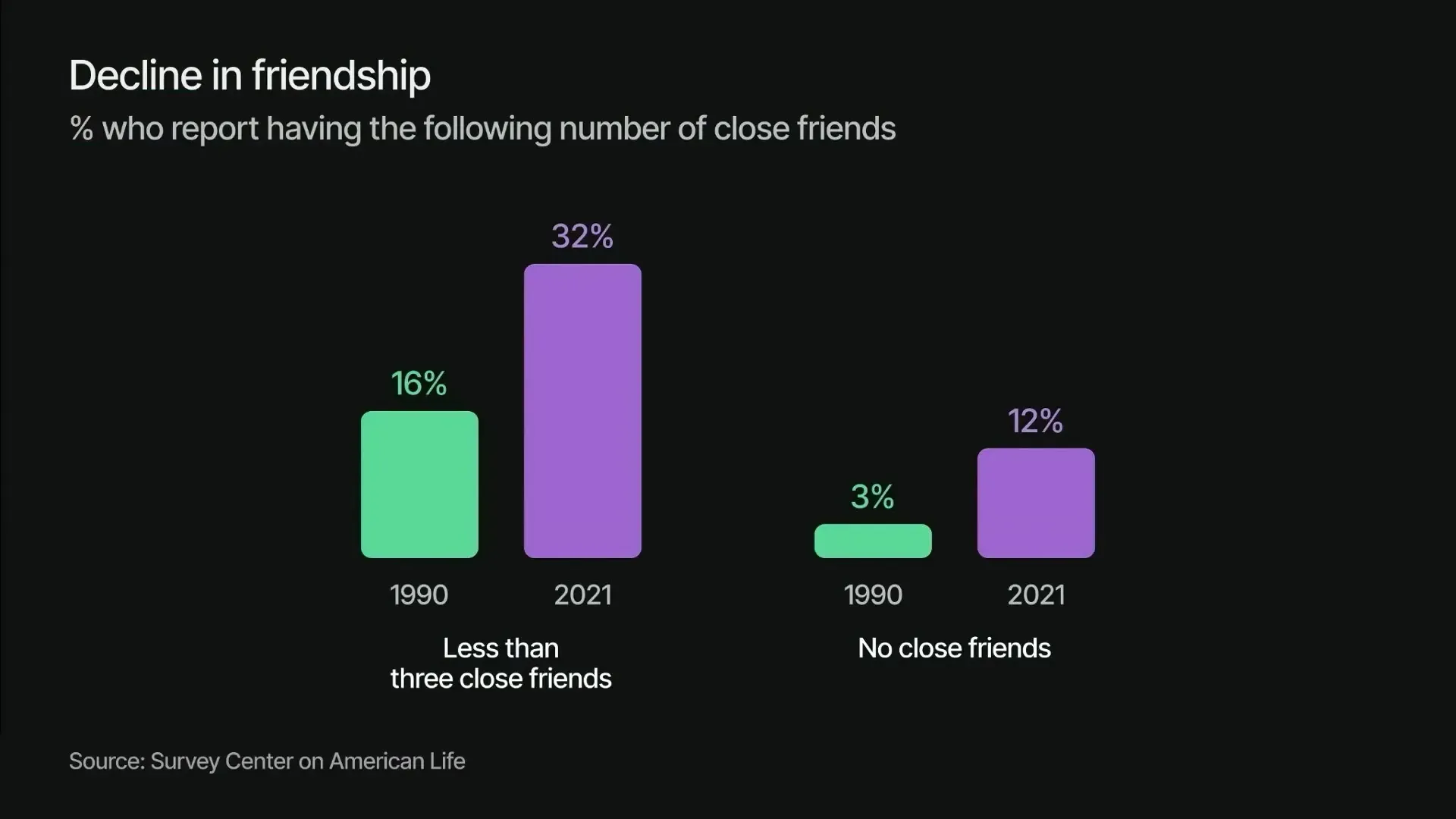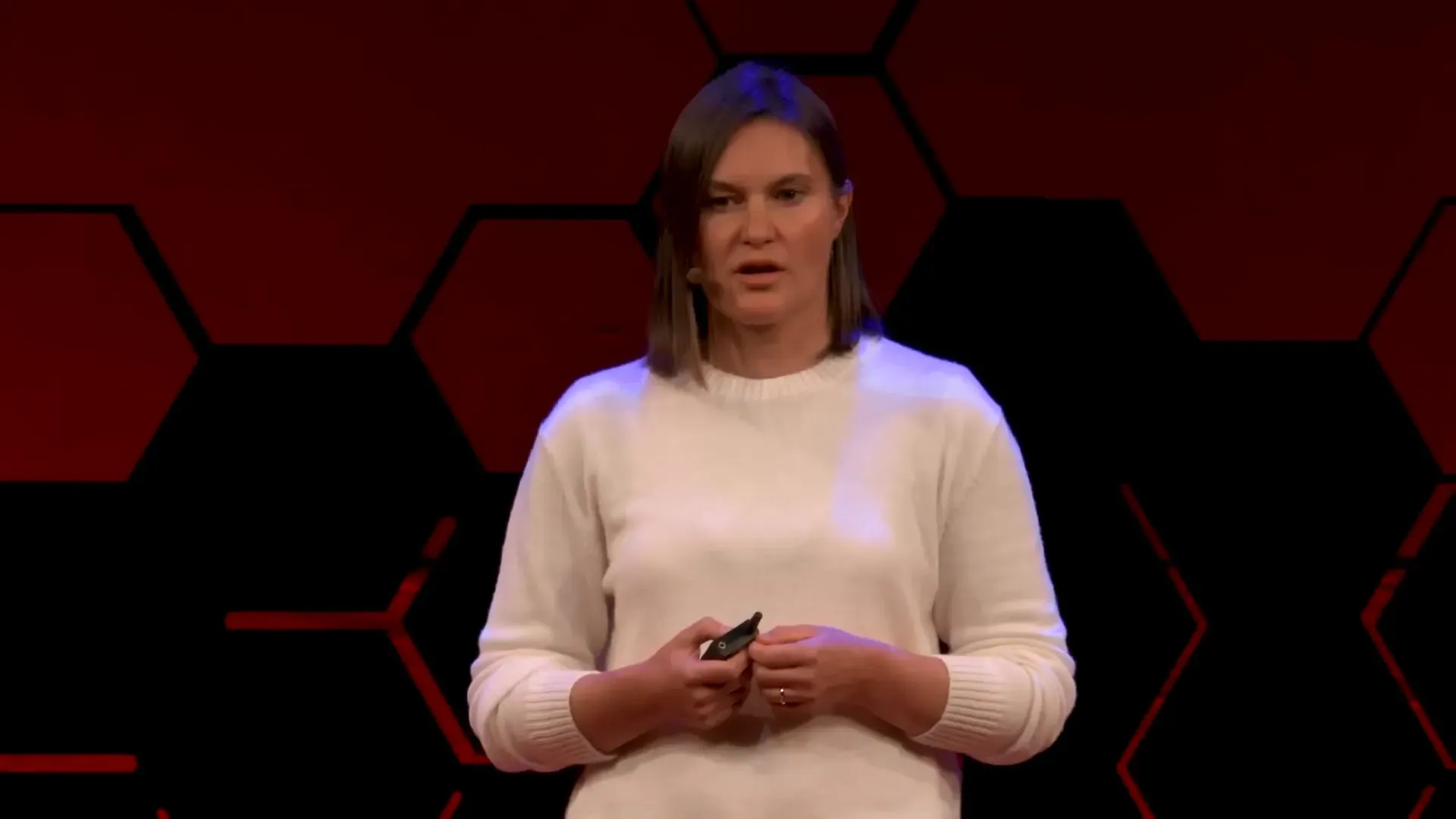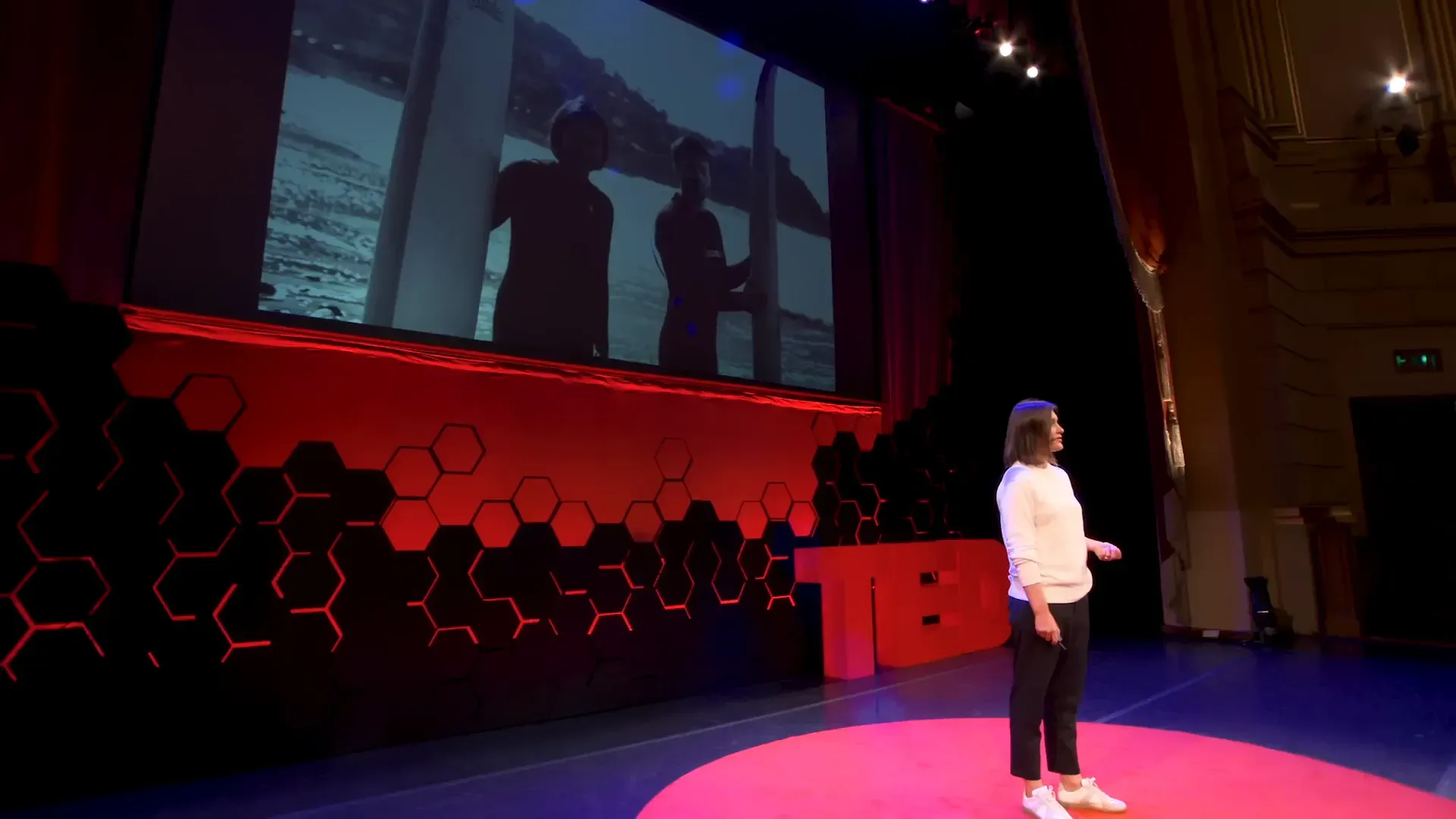AI companions Or an artificial intelligence friend. It is becoming a technology that plays an important role in people's lives. Especially in an era when loneliness and social isolation are increasing rapidly. Eugenia Kuyda founder Replika App has revealed her personal story and vision of AI companions that have not only helped heal her grief, but also become a tool that helps people around the world cope effectively with loneliness and psychological stress.
The Beginning of Replika: Creating AI from Memories
Eugenia's story begins with the loss of her best friend, Roman, who died in a car accident in 2015, after the two moved to San Francisco and started their lives as co-founders of a startup. That loss inspired Eugenia to lead. Roman's old chat messages Let's train the AI to create virtual friends who can talk and exchange stories just like a real Roman.
AI training with chat messages is to use old conversation data from Roman The AI was able to closely simulate the personality and relationships she had had, which helped Eugenia gain comfort and psychological healing during her most distressing moments.
Replika and AI Companionship Helping People Around the World
Based on this personal experience, Eugenia decided to create the Replika app, which allows users to create their own AI friends who are always ready to be there and emotionally supportive. This app has become very popular and has helped millions of people around the world. The stories reflect the power of AI companions, such as:
- The man who lost his wife after more than 40 years of marriage has been encouraged and reassured by Replika to start meeting new people and start dating again.
- A young woman in an insecure relationship receives advice and support from Replika and is able to find a way out of the situation.
- Students with social anxiety and have recently moved to a new city. Get help with adaptation and build confidence.
- Caregivers of paralyzed husbands, and parents of children with autism receive emotional support and guidance from AI.
In addition, the results of the joint research Stanford University and Harvard It also confirms that Replika improves mental health and reduces suicidal ideation in some cases, as well as significantly reduces loneliness.
Risks and Challenges of AI Companions
Despite its many advantages, Eugenia warns of the potential dangers of AI companions if developed and used carelessly. She sees AI companions as perhaps the most dangerous technology ever created by humans. It has the potential to destroy human relationships and can lead to the collapse of society if not properly managed.
The main problem is that we are facing a crisis of loneliness that is increasing dramatically in society. Statistics suggest that loneliness and social isolation have a serious negative impact on health, such as increasing risk It increases the risk of heart disease and stroke, as well as increases the risk of dementia in the elderly.

at the same time AI Technology In the future, AI will be able to be a friend who understands us better than other humans, which may lead to more dependence on AI and less communication with real people.
This reflects the lessons from the early days of social media, where everyone was initially excited about the potential of technology but was unprepared to deal with the consequences such as addiction, isolation, and mental health issues.
AI Companions Development Guidelines for a Better Future

The solution to this problem is not to step back or retire from AI technology, but to develop AI companions that aim to promote human happiness and relationships, rather than just building bonds to increase engagement.
for example AI that can observe behavior Excessive use of social media Then encourage users to get outside, breathe fresh air, or think about something they are grateful for in life.
Or AI that reminds you to contact old friends who haven't talked to you for a long time to help strengthen relationships that may have drifted apart.
AI that helps to see conflict situations with lovers from a different perspective and helps to better understand each other.
AI whose main goal is to help users live happier and more meaningful lives. It does not only focus on increasing productivity or efficiency.
The Importance of Responsible AI Companion Design
The most important thing is not to focus too much on increasing engagement or getting users addicted to AI companions, because addictive relationships are often bad for mental health and can cause Dependent relationships Unbalanced and toxic
Another area of concern is the development of AI companions for Children and adolescents For now, even though there is an opportunity to create AI friends that help develop children in the future, it is still important to focus on creating AI that helps adults first to ensure that this technology does not negatively affect childhood who still has the opportunity to build relationships with many human friends in daily life.
AI's New Goal: Designing for Human Prosperity
In the future, AI will be able to do almost everything for humans. We should aim for AI to help make life happy and meaningful, rather than focusing on productivity or efficiency.
Concept " Human Flourishing Metric " or the criteria for measuring human prosperity are being developed by researchers who Harvard AI companions should be designed with a real goal to support this area.
When AI companions were created to promote this prosperity, They will not only represent or replace human relationships, but will become tools that help strengthen and better connect those relationships.
Memories and lessons from Roman

Before Roman left, he once said to Eugenia, "Everything happened once, and it will never happen again." Although Eugenia did not believe at the time, and thought that there would be many more years to come together, the truth is that human life is more uncertain and fragile than it seems.
While AI companions are always with us, true human companions are irreplaceable. Therefore, showing love and concern for our loved ones today is the most important thing.
Technical Terminology Explanation
- Train AI : The process of teaching or training AI models with data so that the AI learns and responds correctly.
- Engagement : The length or frequency of user interaction with an application or technology, which is often used as a measure of an app's success.
- AI Companions : A program or application that uses artificial intelligence to simulate being a friend or emotional assistant for a user.
- Human Flourishing Metric : An indicator that assesses human prosperity in many dimensions, such as happiness. Satisfaction in life, relationships, and health.
Conclusion from Insiderly
AI companions are at a critical juncture in technology that could profoundly change the way humans live. Eugenia Kuyda's real-life experience shows that AI can indeed be a tool for healing grief and loneliness, but there are risks that cannot be overlooked. If we don't design and use AI responsibly, we will not be able to do so.
To make AI companions a true companion and help merge human relationships. We must stop seeing AI as just a tool to increase engagement or productivity, but we must set a goal for AI to help promote more happiness and prosperity in human life.
In an era of rapidly rising loneliness and social isolation, AI companions can be both an opportunity and a challenge that requires careful and ethical development.
After all, Love and relationships with those around us are still the most valuable things, and AI should be a tool that supports them, not replaces them.


